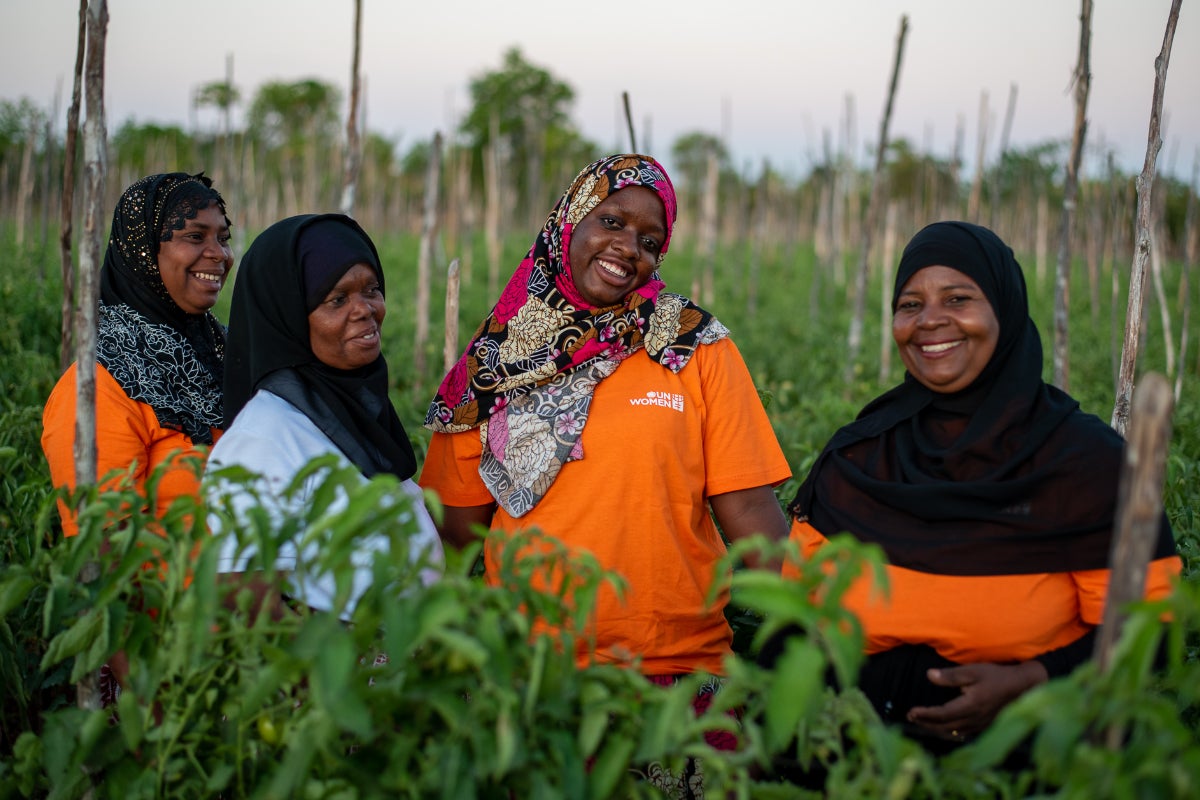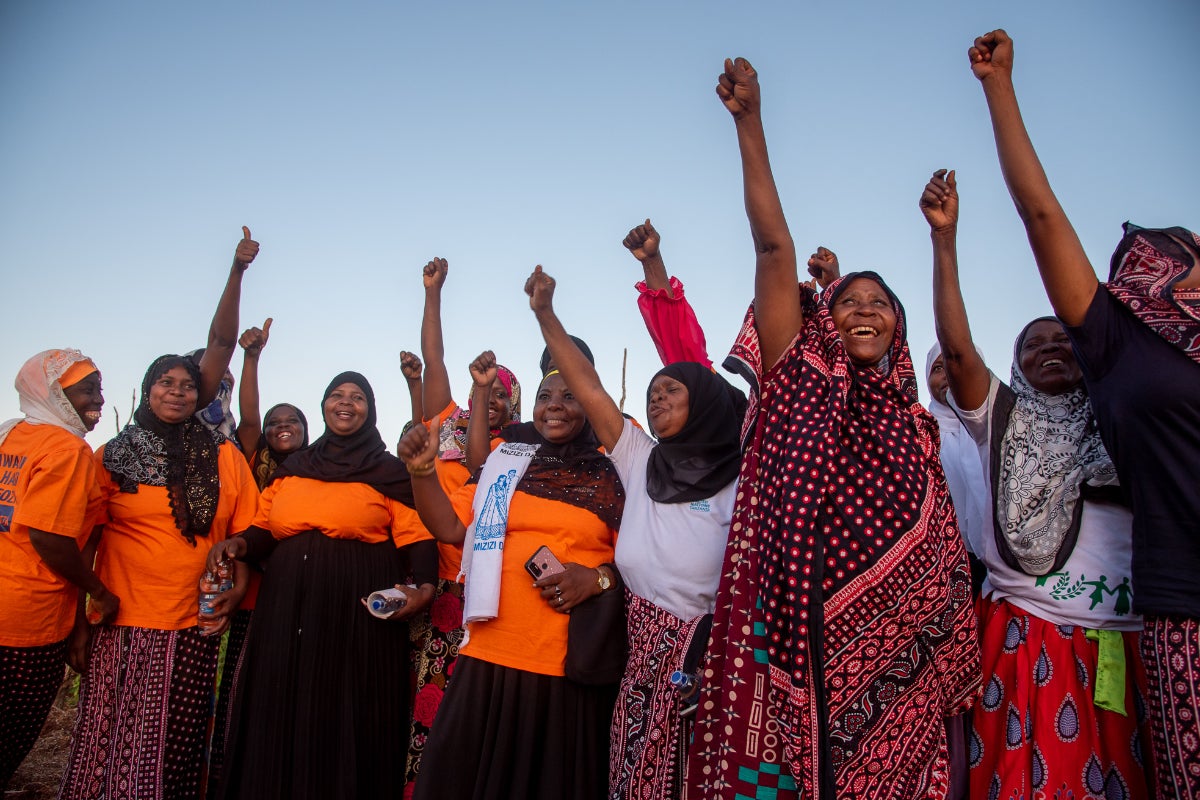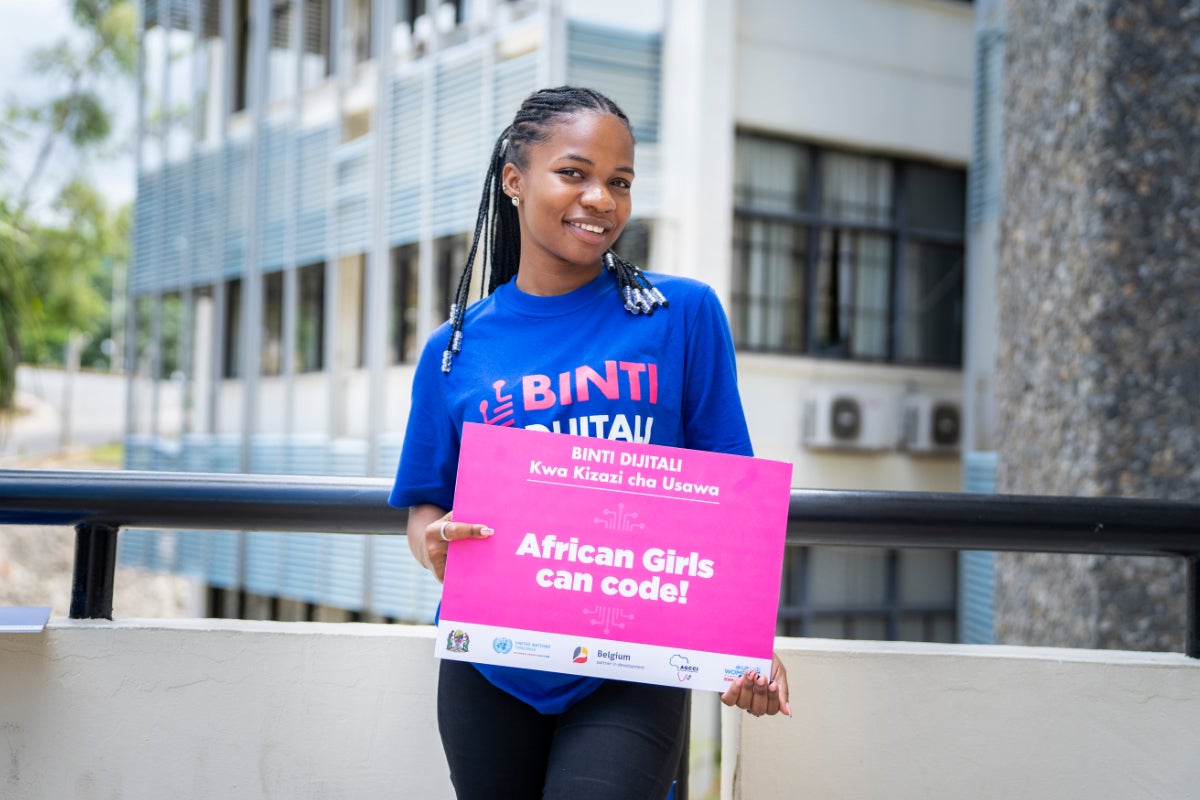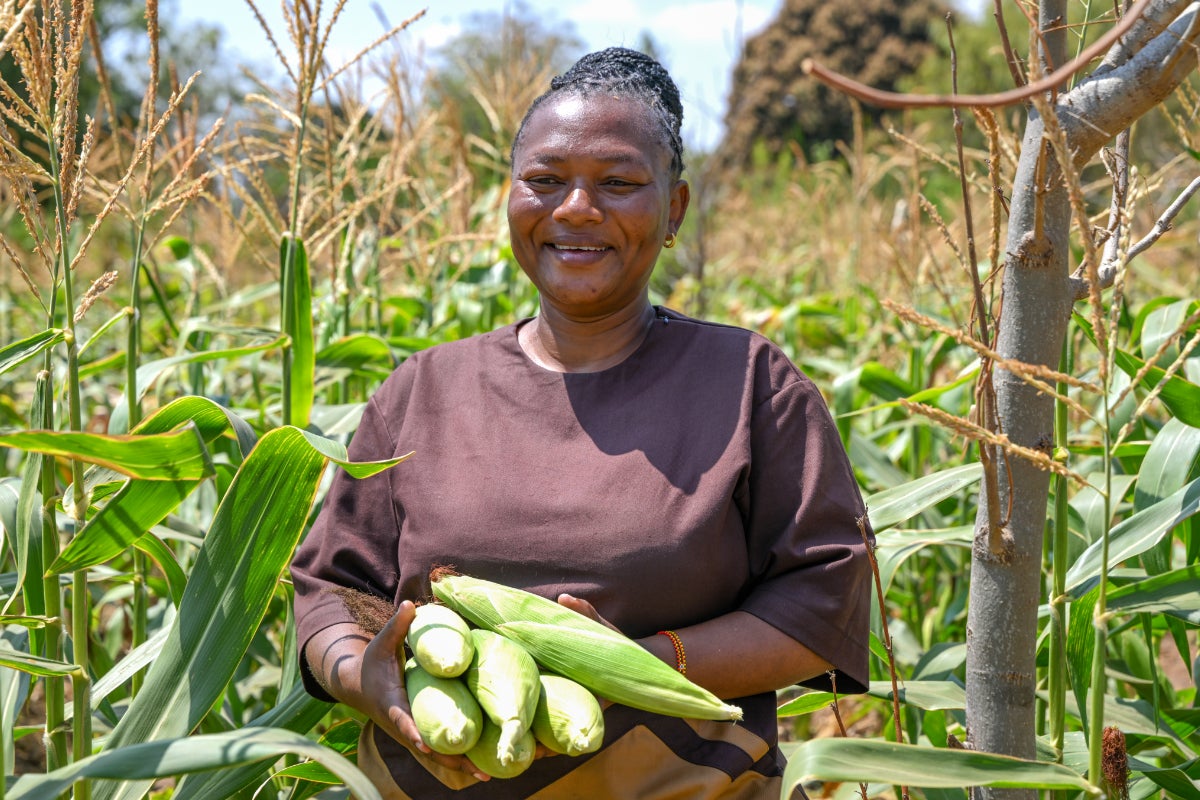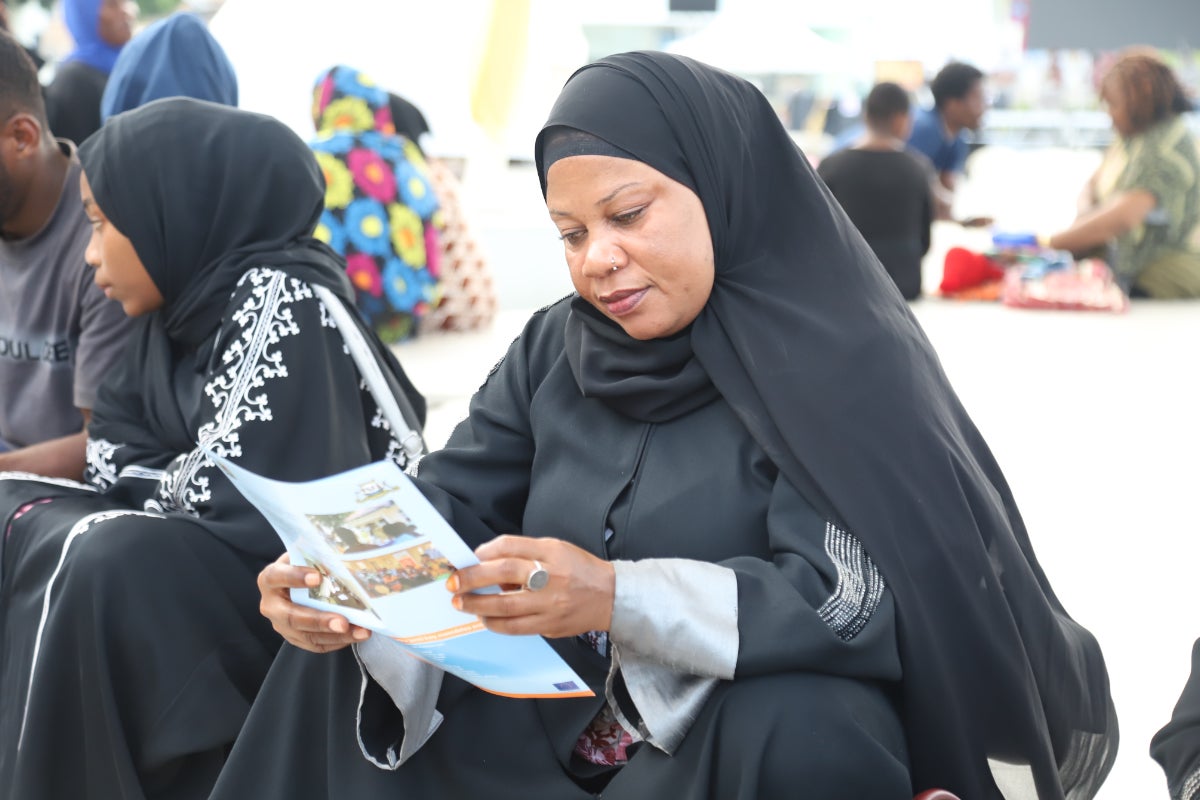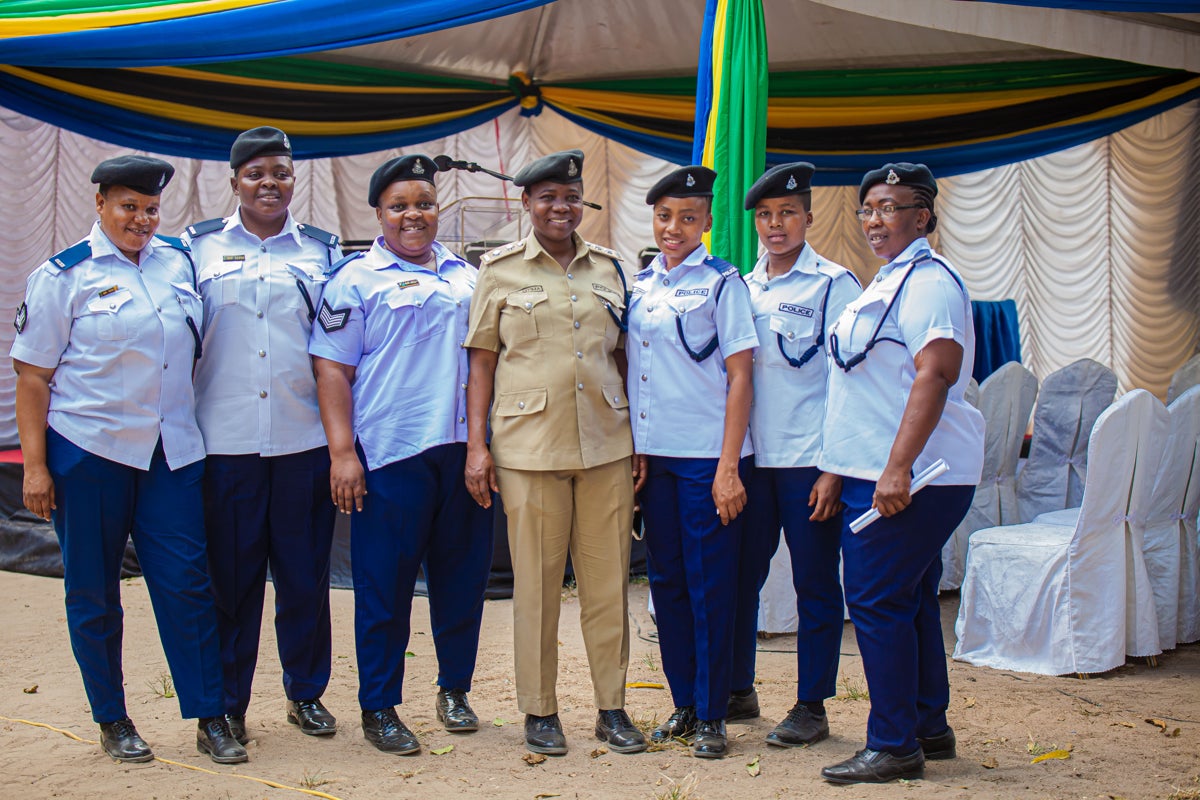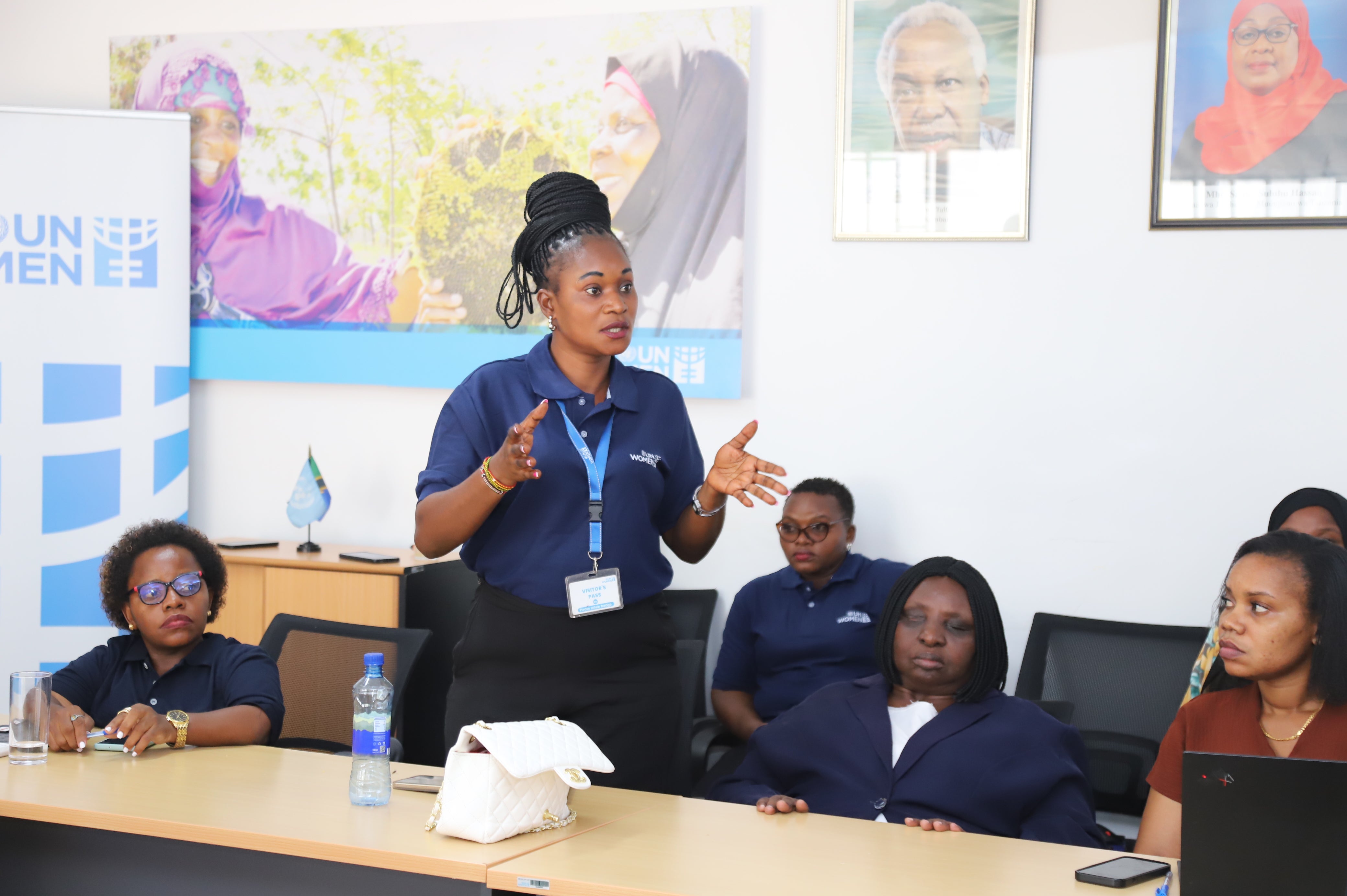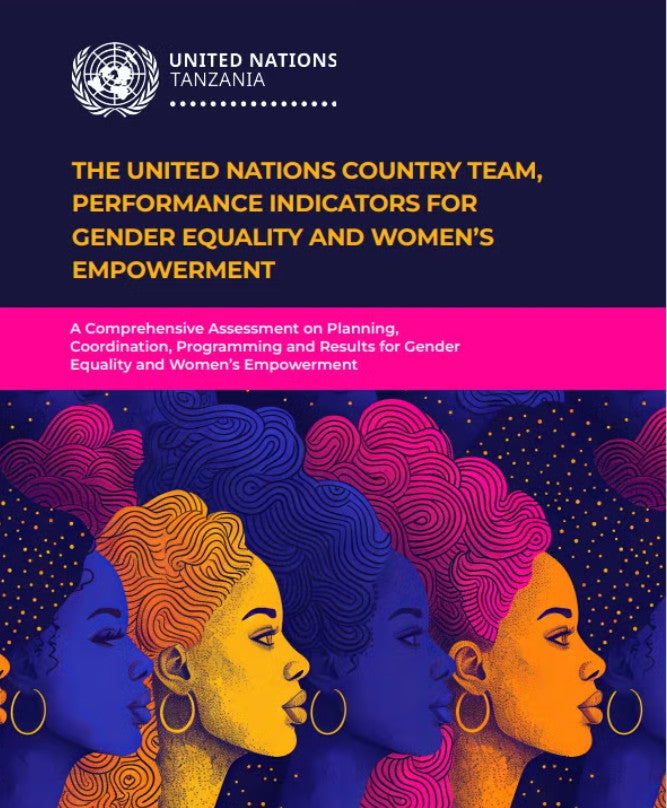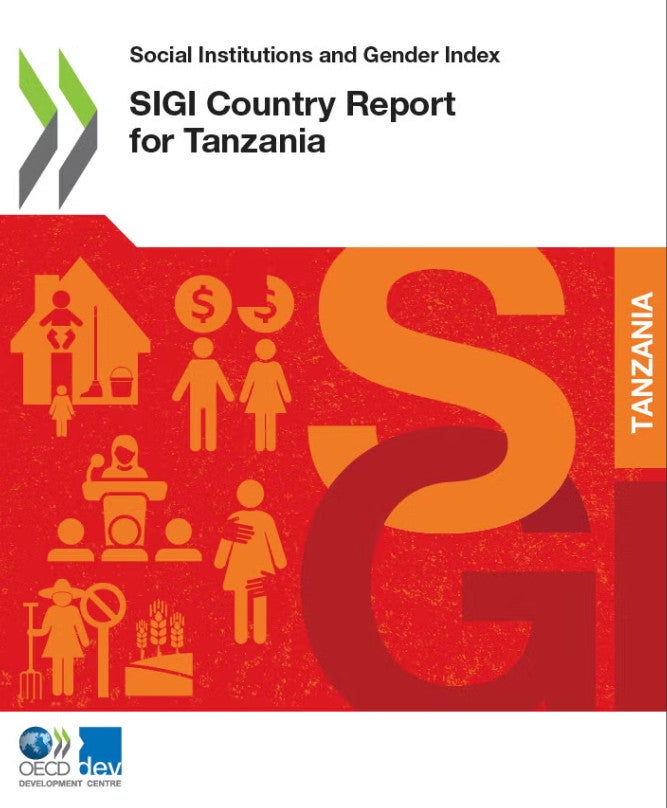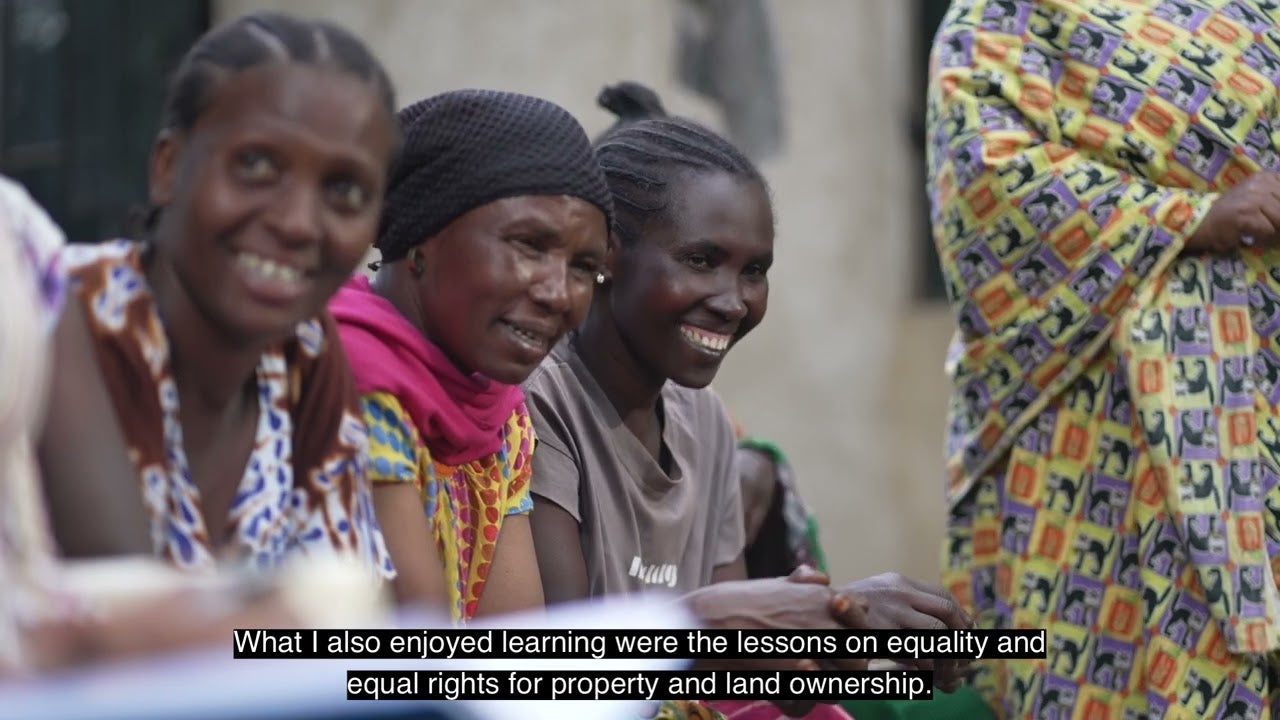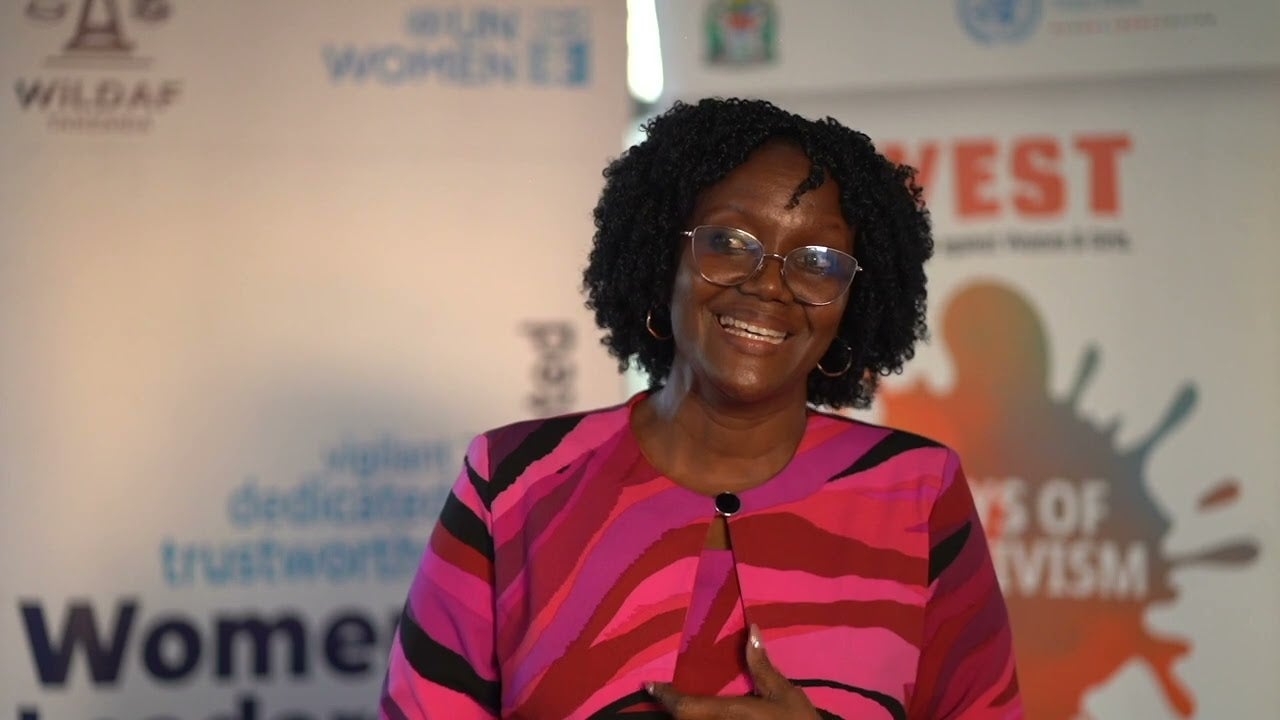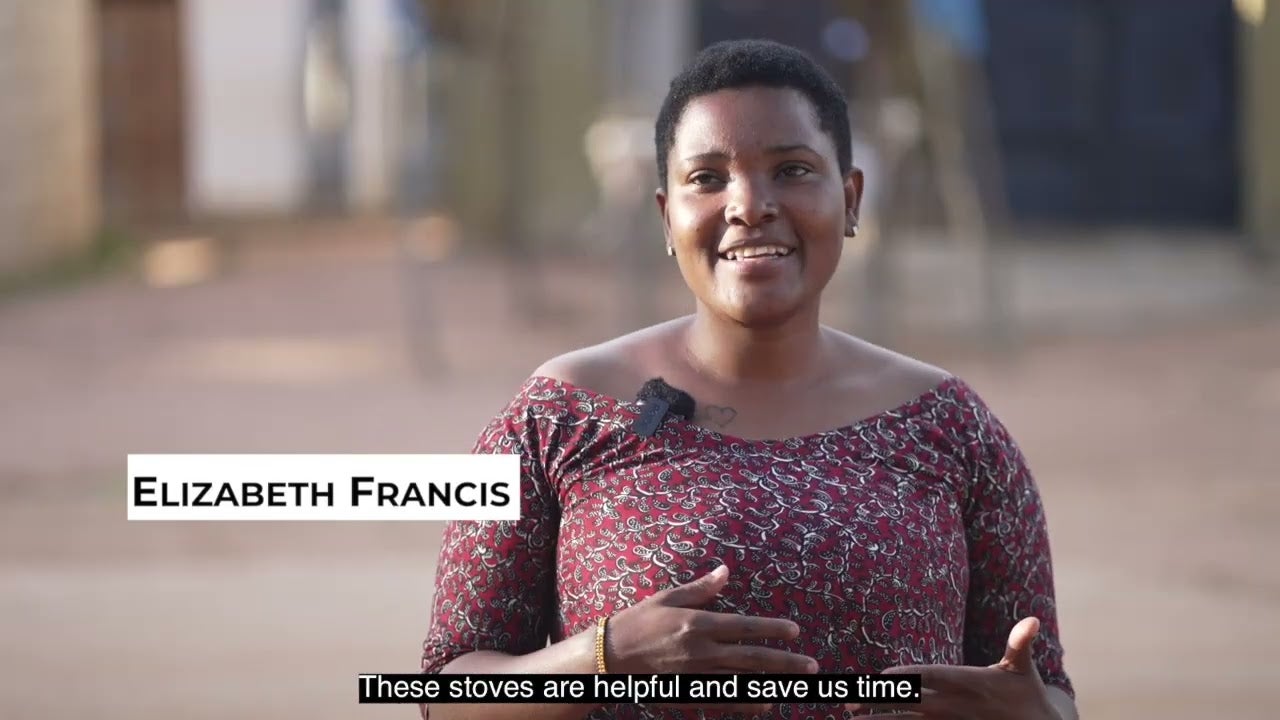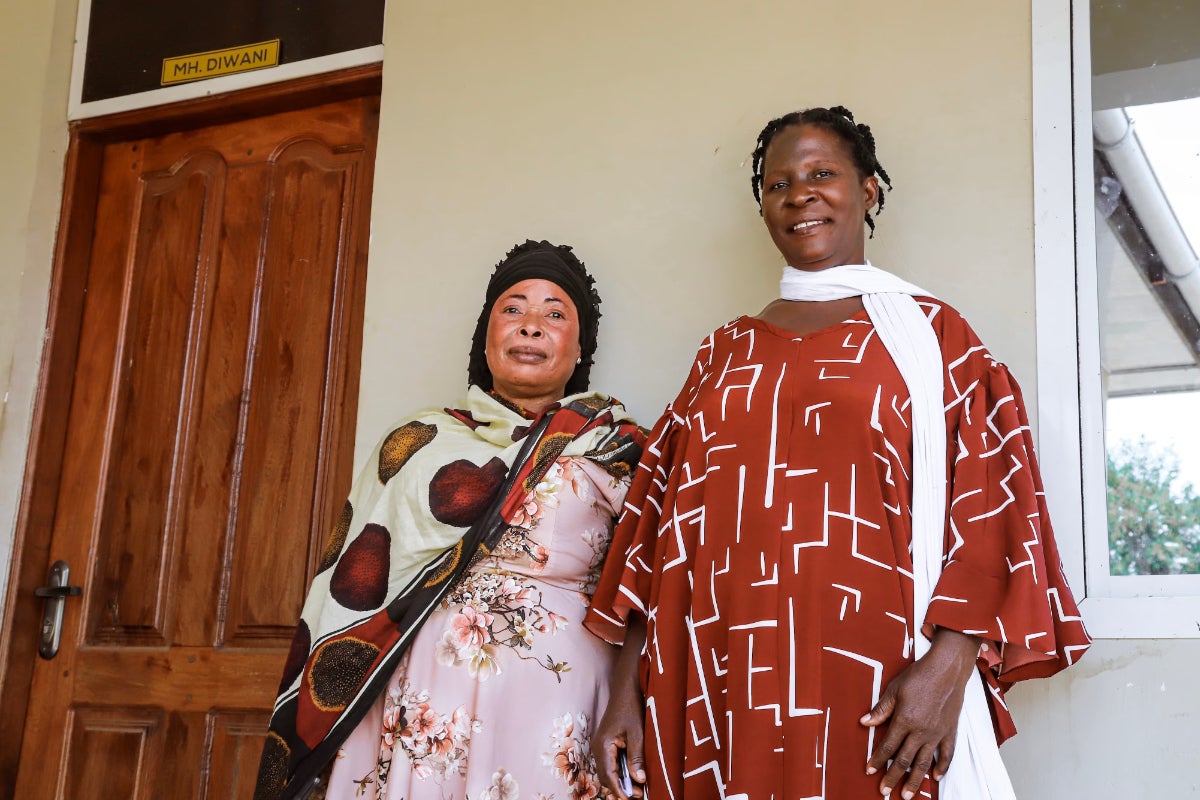
Tanzania
Photo: UN Women
Since 2010, UN Women in Tanzania has been driving transformative change by leveraging its triple mandate—supporting the development and implementation of national normative frameworks, coordinating UN system efforts on gender equality and women’s empowerment, and delivering impactful programmes on the ground. In collaboration with partners across all sectors, UN Women has contributed to key strategic results through policy support, operational programming, public advocacy, and evidence-based research.
In close collaboration with the Government of the United Republic of Tanzania, the Revolutionary Government of Zanzibar, the United Nations system, development partners, civil society, women’s and youth organizations, women’s networks, media, and the private sector, UN Women aims to promote gender-responsive development and advance progress towards the 2030 Agenda for Sustainable Development under the following priorities:
- Women’s Leadership and Political Participation
- Women’s Economic Empowerment
- Ending Violence against Women and Girls
- Women, Peace and Security
- Intergovernmental and Normative Coordination
- Coordination and Partnerships
- Gender Statistics
- Women’s Rights and Access to Justice
